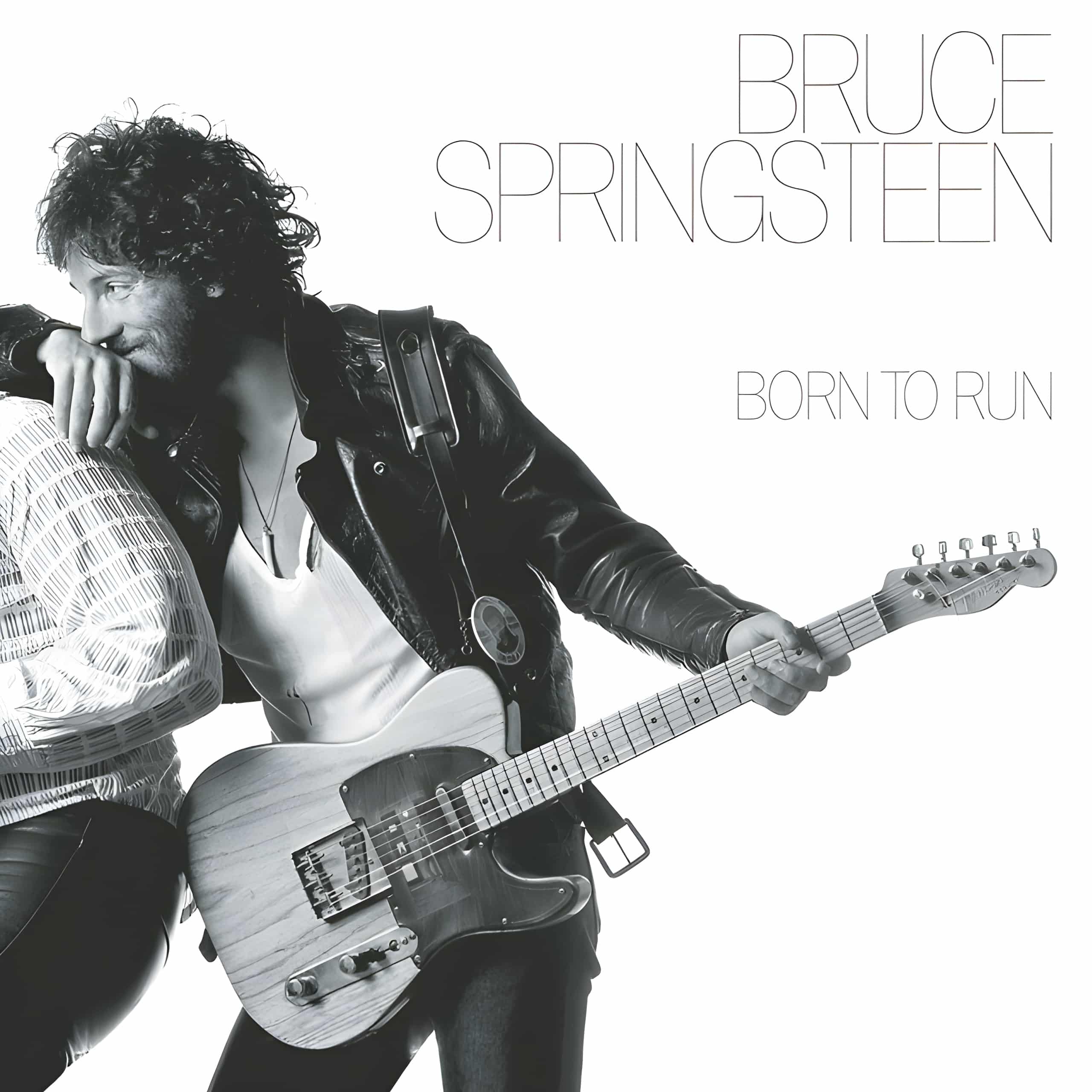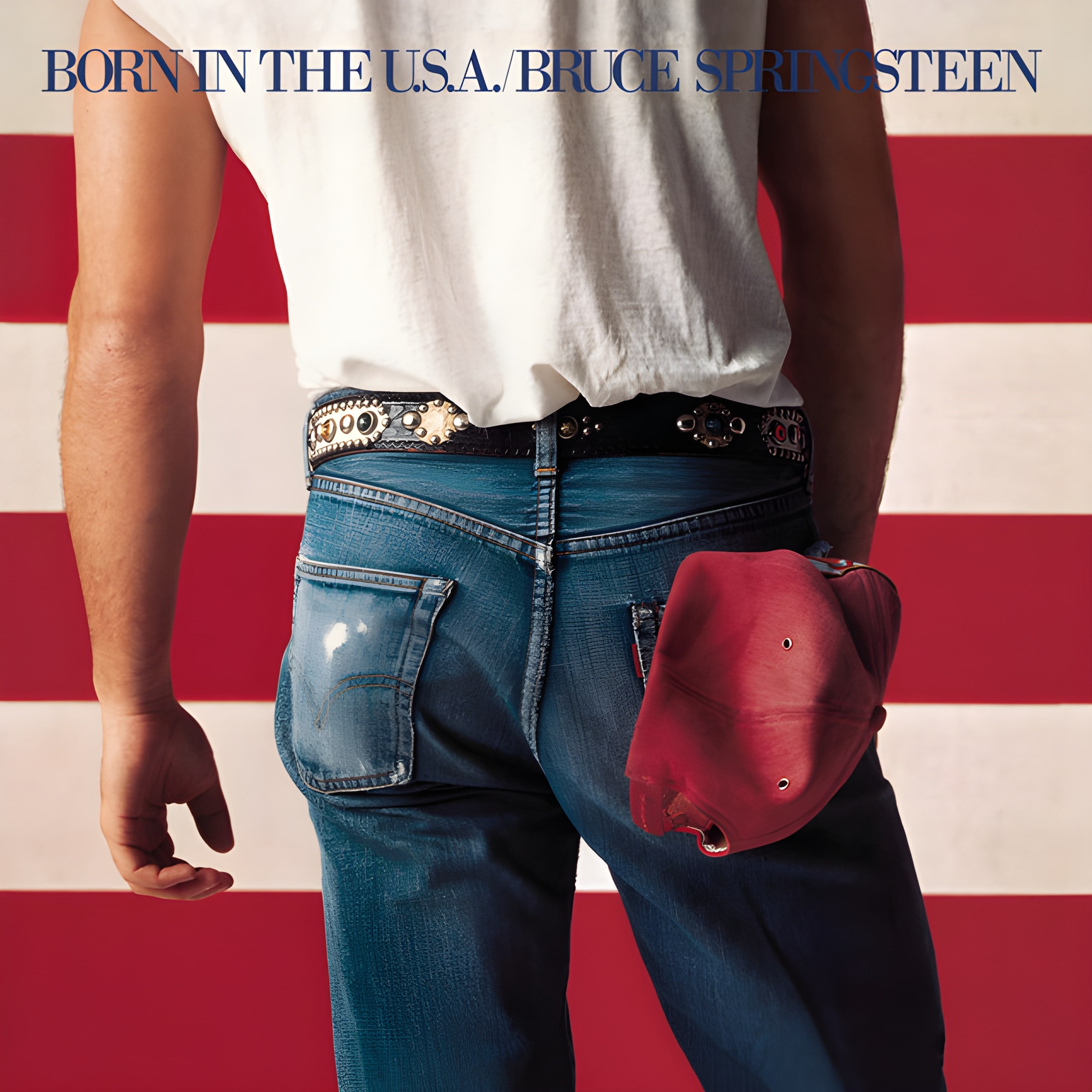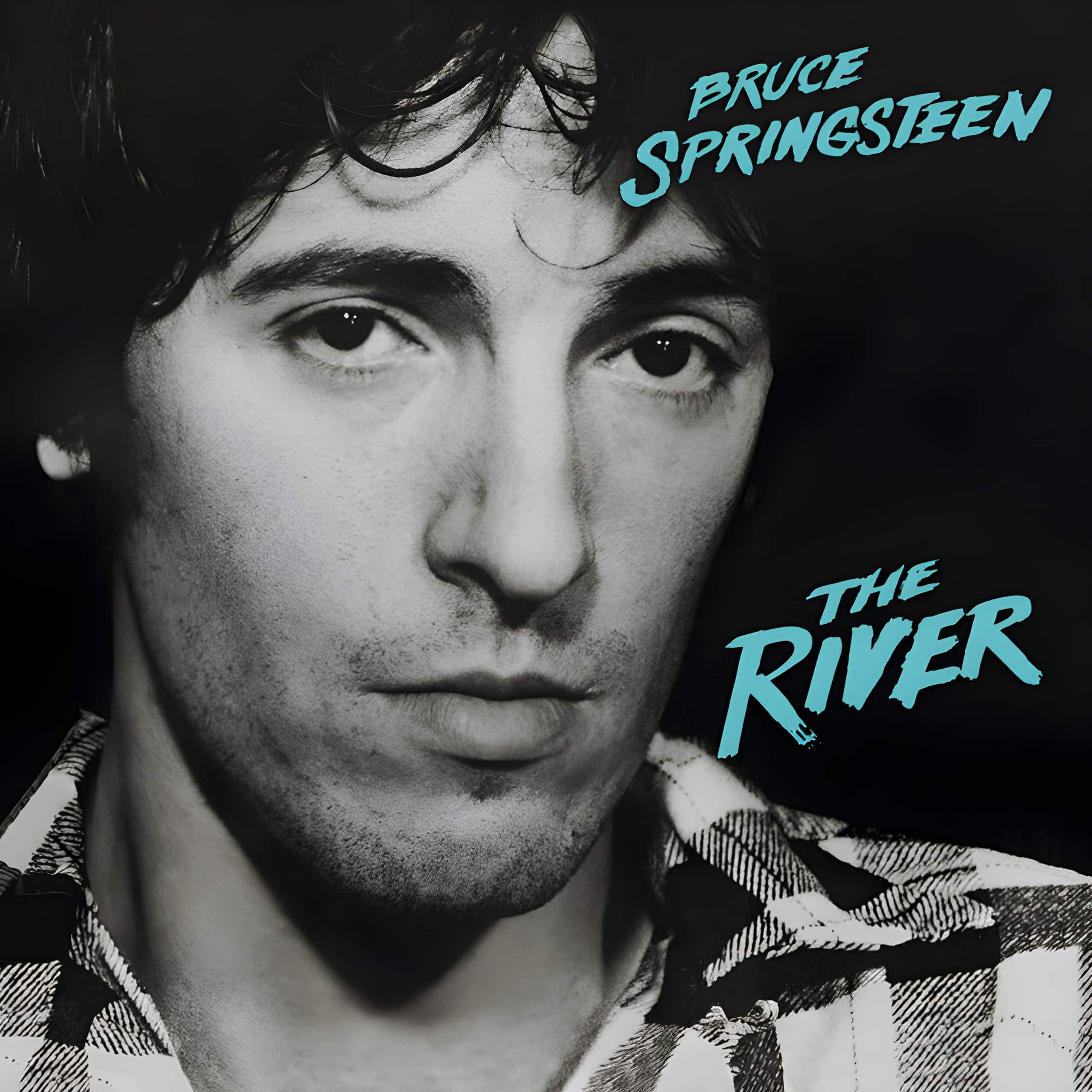Released: 1995
Streets of Philadelphia by Bruce Springsteen tackles the raw and haunting reality of feeling lost, not just in a city but within oneself. It’s a vivid narration of struggle, isolation, and the longing for redemption or connection, set against the backdrop of Philadelphia’s grim streets. Springsteen doesn’t just sing; he tells a story of a person so changed by their circumstances that they can’t even recognize themselves anymore.
The song kicks off powerfully with a tale of physical and emotional devastation. The protagonist reflects on their own state, “I was bruised and battered, I couldn’t tell what I felt,” indicating a profound disconnection not just from the world but from their own sense of self. The stark imagery of not recognizing one’s reflection is a punch to the gut, symbolizing how lost they truly feel. When Springsteen questions, “Oh brother, are you gonna leave me wastin’ away on the streets of Philadelphia?” it’s clear he’s speaking about more than just physical abandonment; it’s a plea for understanding, for someone to notice the depth of his struggle.
As the narrative unfolds, the physical weariness and isolation of the protagonist deepen. Walking “the avenue ’til my legs felt like stone” is a metaphor for an exhaustive journey through hardship, a path that seems endless. The protagonist is haunted by the voices of “friends, vanished and gone,” suggesting a loss of connection and the heavy burden of loneliness. Springsteen’s use of the night as a time when the protagonist hears the “blood in my veins…just as black and whispering as the rain” paints a picture of internal turmoil and despair. The reference to the rain adds an element of being washed away or eroded by the harsh realities of life in the city.
In a striking admission of vulnerability, the line “Ain’t no angel gonna greet me, It’s just you and I, my friend” speaks to a realization that there are no saviors waiting to make things right. The transformation is so complete that “my clothes don’t fit me no more,” suggesting not just a physical change but a metamorphosis of identity, where the protagonist feels like a stranger in their own skin. The journey of a thousand miles to “slip this skin” is a stirring metaphor for wanting to escape one’s troubled past or current existence, hoping for renewal or a chance to start afresh.
The closing verses evoke a sense of desperation and fading hope. The protagonist is “lyin’ awake,” a state that indicates both physical and existential unrest. The fear of “fading away” is not just about dying but becoming insignificant, forgotten on the city’s harsh streets. The plea for a “faithless kiss” suggests a yearning for any form of connection, however fleeting or insincere, rather than enduring the crushing loneliness. The song leaves us with a haunting question of whether this shared struggle and solitude is the only bond between people “on the streets of Philadelphia.”
Bruce Springsteen’s Streets of Philadelphia is more than a song; it’s a powerful narrative of loss, the search for identity, and the human condition. With its poignant lyrics and haunting melody, Springsteen captures the soul of a city and its inhabitants, struggling to find themselves in the face of overwhelming despair. It’s a sobering reflection on the realities of life, loneliness, and the endless search for redemption on the streets of any city.








